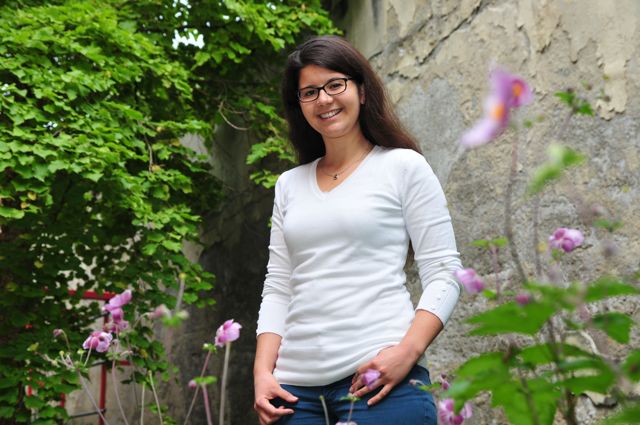Dr. Melanie Scharpf
Dr. Melanie Scharpf is a postdoctoral research fellow in the Division of Gynecological Oncology headed by Prof. Dr. Lisa Wiesmüller. Dr. Scharpf´s main research field is the role of the DNA damage and replication stress response during aging. Thereby she is especially interested in gender/sex differences.
Aging involves multiple processes that interact with each other on many levels. On top of that the gender gap in life expectancy as well as varying incidences of age-associated diseases suggest differences in the aging process between the sexes. Genomic instability has been recognized as one of the key factors driving aging. Consistently, aging is accompanied by a significant increase in DNA damage, while the DNA damage response becomes less efficient and more error-prone.
During her PhD and postdoctoral CEMMA fellow Dr. Scharpf discovered striking sex differences in the regulation of DNA double-strand break repair and replication dynamics during aging in human hematopoietic cells. In her current project she investigates the interplay of DNA damage response and innate immunity. Aging is associated with chronic low-grade inflammation contributing to several age-related diseases. This phenomenon termed “inflammaging” has been attributed to the increasing burden of senescent cells and their senescence associated secretory phenotype. Senescence can be triggered by genomic instability resulting in the release of DNA fragments from the nucleus. In the cytoplasm self-DNA is recognized by innate immune sensors such as cGAS, which activate STING mediated type I interferon and NF-κB signaling and secretion of pro-inflammatory cytokines. Subsequent recruitment of immune cells, releasing reactive oxygen species, might cause further DNA damage and might thus induce a vicious cycle of persistent inflammation. The aim of the project is to correlate the crosstalk between aging-associated DNA damage response and inflammation in primary human cells. Thereby a particular focus lies on the comparison of men and women to discover sex-specific features.
Dr. Scharpf is a member of the Collaborative Research Center 1506 “Aging at Interphases”

